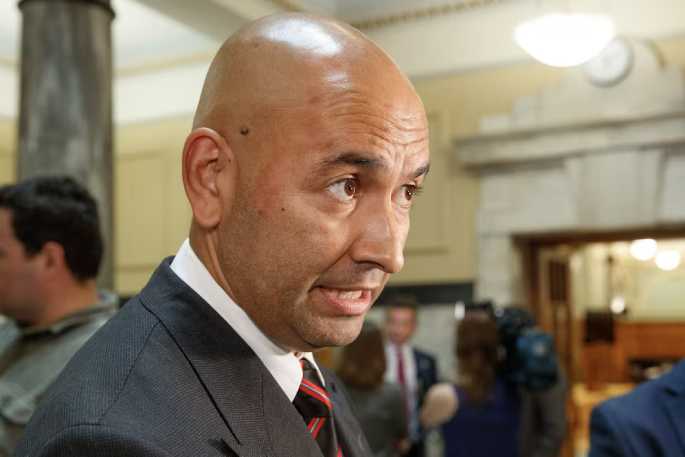The government has achieved its target to reduce emergency housing motel use by 75% five years ahead of schedule, Associate Housing Minister Tama Potaka said.
At its peak in November 2021, 4,983 households were living in emergency housing motels. By December 2023, this number had dropped to 3,141, and by December 2024, it had plummeted to just 591 households.
“Large-scale use of emergency housing was one of the biggest public policy failures in the history of Aotearoa New Zealand,” Potaka said. “Under the previous government, many thousands of New Zealanders were dumped in motel accommodation for months or even years, particularly in places like Hamilton.”
Potaka said the government campaigned on ending the overuse of emergency housing and made it a priority upon taking office. The goal was initially to achieve a 75% reduction by 2030, but the target has been met five years early.
“This means thousands of tamariki who were previously consigned with their whānau to grow up in dank motel rooms are now living in better homes,” he said. “Homes where they have a better opportunity for regular school attendance, to maintain enrolment with local health services, and to enjoy all the other benefits of having a stable home in a community.”
Potaka said the government had also improved tracking outcomes for those leaving emergency housing. Under the previous government, only 50% of individuals leaving emergency housing were accounted for. In contrast, the current administration has tracked 80% of individuals moving into social, transitional, or private housing, often with government support like the Accommodation Supplement.
“Emergency housing will always be available as a last resort for those who need it,” Potaka said. “However, it’s crucial that we continue monitoring availability and use to stay on target.”
The minister emphasized that Māori communities have been disproportionately affected by long stays in emergency housing, and the government is committed to addressing this inequity. He said more tamariki Māori now have the opportunity to grow up in stable, healthier living conditions.
Looking ahead, Potaka said the government will continue to work with community groups, housing providers, and local councils to sustain progress. The focus will remain on increasing social housing supply and providing support services to help families find and maintain stable housing.
“Although we expect the numbers will continue to move up and down, the progress we have made reflects this government’s commitment to ensuring Kiwis are living in quality housing and not consigned to motel rooms,” he said.
With the goal met earlier than planned, Potaka stressed the importance of sustaining these gains over the long term to 2030 and beyond. “Our achievement on this target so far is just the beginning,” he said. “We’ll keep working to ensure households thrive in stable, affordable homes.”
The government’s success in achieving this milestone can be attributed to several key initiatives, including:
- Implementing the Priority One policy, which moves families with children to the top of the social housing waiting list after 12 weeks in emergency housing.
- A steady increase in social housing availability, with 2,650 Kāinga Ora homes set to be delivered over the next two years.
- Cross-agency collaboration to help people transition from emergency housing into stable accommodations, including private rentals.



0 comments
Leave a Comment
You must be logged in to make a comment.